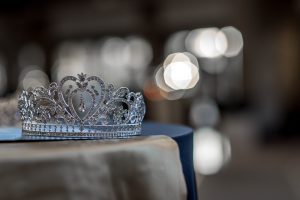Esther and God’s Favour on Women
By Laura Brett
“Now when the turn came for Esther the daughter of Abihail the uncle of Mordecai, who had taken her as his daughter, to go in to the king, she requested nothing but what Hegai the king’s eunuch, the custodian of the women, advised. And Esther obtained favour in the sight of all who saw her.” (Esther 2:15)

